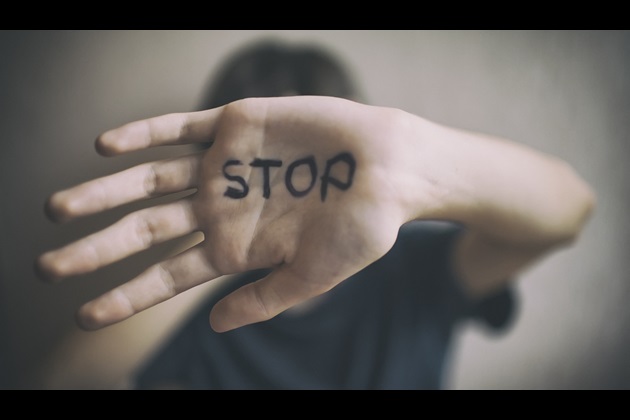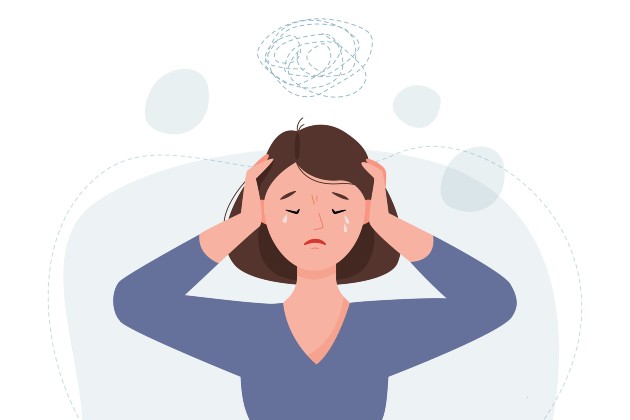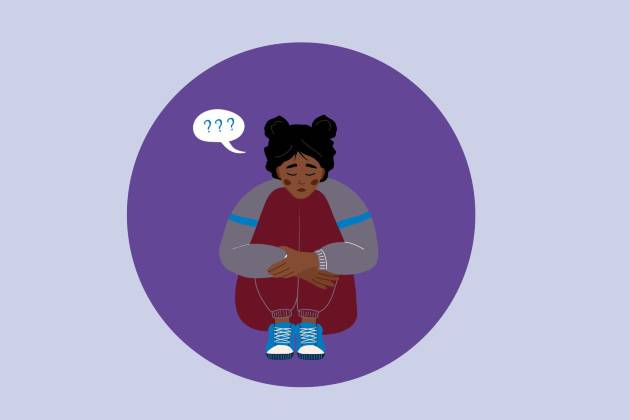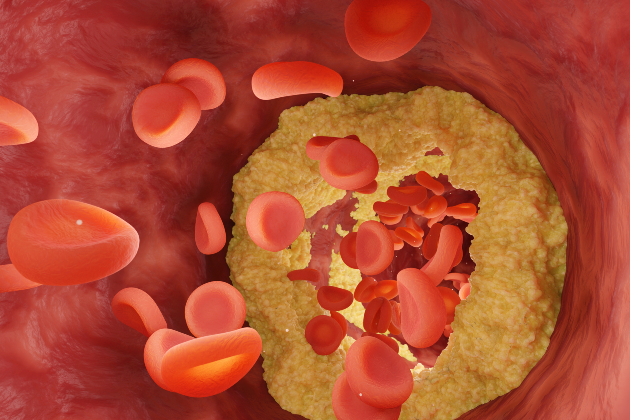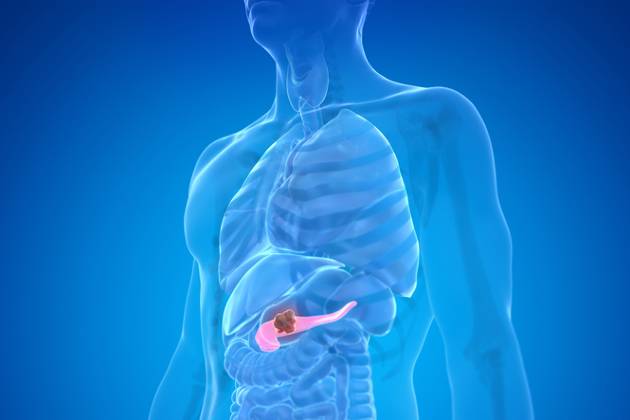Emergency sister Fionn is supporting people affected by domestic abuse as reported cases increase by more than 130% in her hospital
As COVID-19 restrictions were put in place earlier this year, many patients admitted to emergency departments were doing so alone. In her newly seconded role as a violence prevention nurse, Fionn Lloyd and her team recognised the new measures were an opportunity to support more people experiencing domestic violence.
“Before COVID-19 we were only asking patients about domestic violence if there were signs of abuse or injury, or if a patient disclosed it to us,” says Fionn. “New restrictions meant we were seeing more people alone, so we decided to change our approach. We started asking everyone who came into the department about it, whether there were signs of domestic abuse or not. Our referrals have increased from around 10 a month to around 50.”
Domestic abuse is an under-reported issue and, although it can affect all people from all walks of life, it disproportionately affects women.
Reports indicate that calls to domestic violence helplines, police and shelters have increased during the pandemic. The number of killings has also increased.
People are attending hospital alone so aren’t intimidated by their abuser
Fionn’s role, the first of its kind in Wales, is part of a pilot scheme by the UK government and the Violence Prevention Unit to support a public health approach to tackling domestic violence that results in injury.
“I work one-to-one with patients who disclose information about their own abuse as well as educating staff and ensuring the right procedures are in place to support patients.
“Domestic violence has increased this year because people are stuck indoors, but I think the reason we’ve seen such a huge increase in disclosures is because people are in hospital alone and therefore not intimidated by their abusers.
“People who report abuse are usually ready to. They want to talk and we’re there to support them whether our support ends there or if they choose to take it further.”
There are two independent domestic violence advisers (IDVAs) at Fionn’s hospital, trained to reassure patients reporting an issue and help them to make an informed decision about next steps. This might be helping them find alternative accommodation or giving a statement to police.
“Our advisers offer advocacy, support and safeguarding to patients and health board staff. Their main job is to identify and reduce risk to the victim and their family through safety planning with the patient. The IDVAS have access to emergency refuge accommodation for those with children or at high risk and can offer advice and support for people who do choose to stay in their home.”

The RCN has many resources to help nursing staff and midwives support victims of domestic abuse. In September this year we updated our guidance aimed at all nursing staff.
“The guidance is available at work and everyone has access to it,” says Fionn. “I encourage staff to read it as some do feel uncomfortable about asking people questions relating to abuse. The guidance explores how to open a conversation.”
What the RCN says…
Carmel Bagness, RCN Professional Lead for Midwifery and Women’s Health says: “We have seen a significant increase in domestic abuse being report this year, especially during lockdown.
“Roles like Fionn’s are really useful in creating an environment where victims can get help, and this method of routinely asking all those who come into care, is showing that many cases can be missed if the question is not asked.
“Nursing staff and midwives have key roles to play in identifying and supporting victims of domestic abuse, as well as ensuring there are systems to support those who need it. We can all make a difference and help those affected by abuse, but we need to be open to asking the right question and knowing that this is much more widespread than we might think.”
Definition of domestic abuse
“Any incident or pattern of incidents of controlling, coercive, threatening behaviour, violence or abuse between those aged 16 or over who are, or have been, intimate partners or family members regardless of gender or sexuality.”
Abuse can take many forms such as:
• psychological
• financial
• physical
• emotional
• sexual
• coercive control.
Perpetrators can fluctuate between forms of abuse at any time during a relationship.
Read RCN Guidance for Nurses and Midwives to Support Those Affected by Domestic Abuse
Find other RCN resources about domestic violence
More information
Domestic abuse statistics:
1 in 3 women globally are directly affected by domestic abuse (WHO, 2016)
1 in 6 men will experience domestic abuse in their lifetime (ONS)
1 in 5 children have been exposed to domestic abuse (Radford, 2011)
White Ribbon Day takes place every year on 25 November. Whiteribbon.org.uk aims specifically to put an end to violence by men against women.


